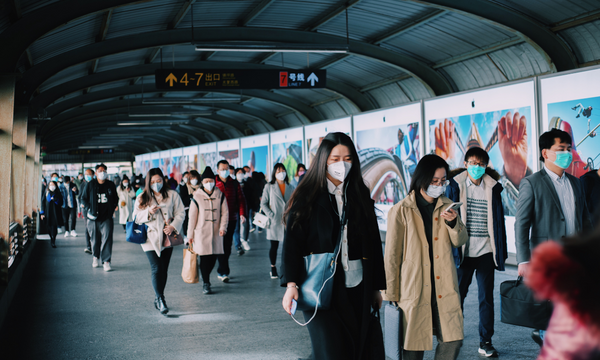
Addressing Global Health Challenges through Diplomacy


The COVID-19 pandemic has highlighted the importance of global cooperation in addressing health challenges. Diplomacy plays a critical role in this effort, from facilitating the exchange of information and resources to negotiating agreements and partnerships. In this article, we will explore the role of diplomacy in addressing global health challenges.
Diplomacy can facilitate the exchange of information and resources between countries. During the COVID-19 pandemic, the World Health Organization (WHO) played a vital role in coordinating global efforts to respond to the crisis. The WHO worked closely with governments and other stakeholders to share information about the virus, develop guidelines for prevention and treatment, and coordinate the distribution of medical supplies and equipment.
Diplomacy can also facilitate the negotiation of agreements and partnerships between countries. The WHO has negotiated agreements with pharmaceutical companies to ensure the equitable distribution of COVID-19 vaccines, especially to low- and middle-income countries. Diplomatic efforts have also led to partnerships between countries to share expertise, technology, and resources to combat the pandemic.
Diplomacy can also play a critical role in addressing other global health challenges. For example, the spread of infectious diseases is often linked to poverty, conflict, and migration. Diplomatic efforts can address these underlying factors and promote economic development, peace, and stability, which can improve health outcomes.
Furthermore, diplomacy can help address global health challenges that are not directly linked to infectious diseases. Non-communicable diseases, such as heart disease, diabetes, and cancer, are also major global health challenges. Diplomatic efforts can promote international cooperation in addressing these challenges, from sharing best practices in prevention and treatment to negotiating agreements to reduce the burden of non-communicable diseases.
However, diplomacy also faces challenges in addressing global health challenges. One challenge is the lack of political will and resources to address health challenges, particularly in low- and middle-income countries. Diplomatic efforts can help address this challenge by advocating for increased investment in health and mobilizing resources to support health systems.
Another challenge is the lack of coordination and coherence in global health governance. The COVID-19 pandemic has highlighted the need for stronger global health governance, including improved coordination among international organizations and greater accountability and transparency in decision-making processes.
In conclusion, diplomacy plays a critical role in addressing global health challenges, from facilitating the exchange of information and resources to negotiating agreements and partnerships. Diplomatic efforts can address underlying factors that contribute to poor health outcomes, promote international cooperation, and mobilize resources to support health systems.

